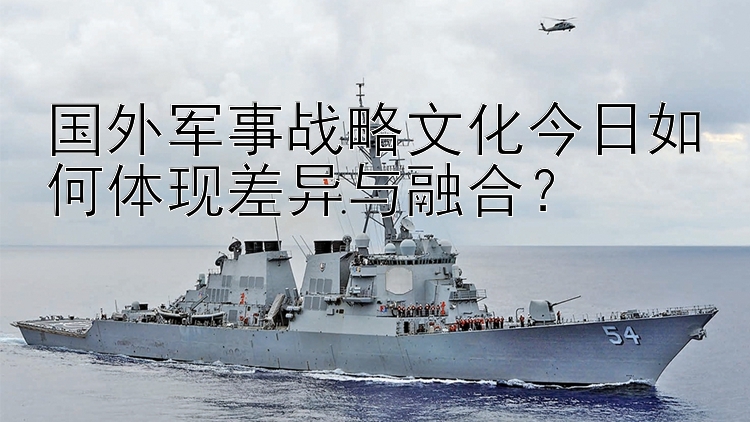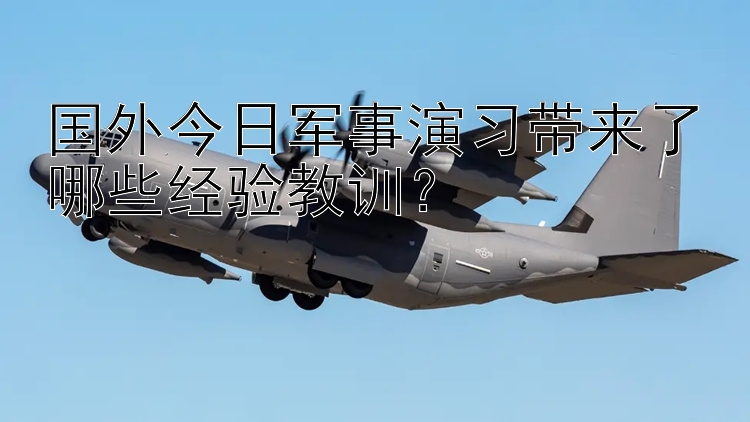å¨å½ä»å
¨çåçæ¶ä»£èæ¯ä¸ï¼åå½ä¹é´çèç³»æ¥çç´§å¯ï¼å½é
社ä¼ä¸çæå交æµä¹æåé¢ç¹ãè¿ç§äº¤æµä¸ä»
ä½ç°å¨ç»æµåç§æé¢åï¼ä¹å¨æ¿æ²»åå®å
¨æ¿çä¸ææåæ ãç¹å«æ¯å¨åäºæç¥æåçå±é¢ä¸ï¼æ们è½å¤çå°ä¸åå½å®¶ä¹é´æ¢åå¨çæ¾èçå·®å¼ï¼ yet also å±ç°åº a certain degree of convergence in their approach to national security.
é¦å ï¼ let's take a look at the historical and cultural roots that shape a nation's military strategy. Each country has its own unique history, which influences how it perceives threats, values national interests, and designs its defense policies. For example, countries with long histories of territorial conflict often prioritize border security above all else, while those with more recent experiences of civil war might focus on internal stability operations. Additionally, cultural factors such as societal attitudes towards violence, individualism versus collectivism, and religious beliefs can play significant roles in shaping a state's strategic culture.




